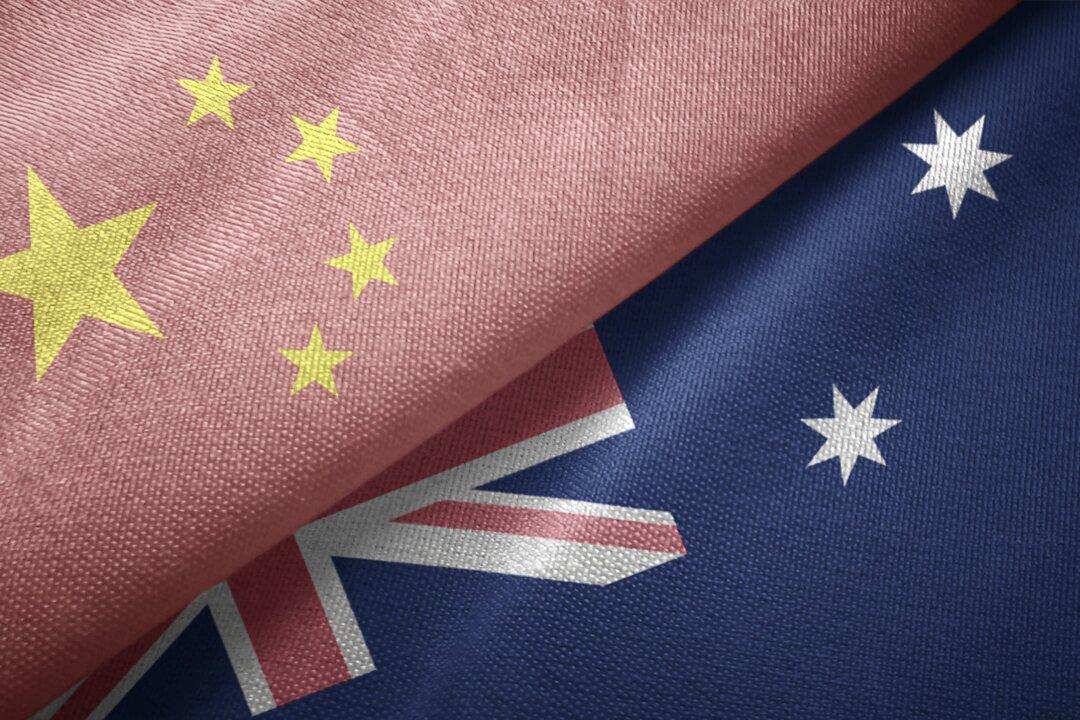The Chinese embassy in Canberra has lodged an official complaint with the Australian government in regards to a speech made by Liberal Senator James Paterson addressed to the European Parliament in regards to foreign interference.
The embassy said Paterson, who is also the chair of the Parliamentary Joint Committee on Intelligence and Security, displayed “bias and hostility” against China, which would impede exchanges between Canberra and Beijing.





